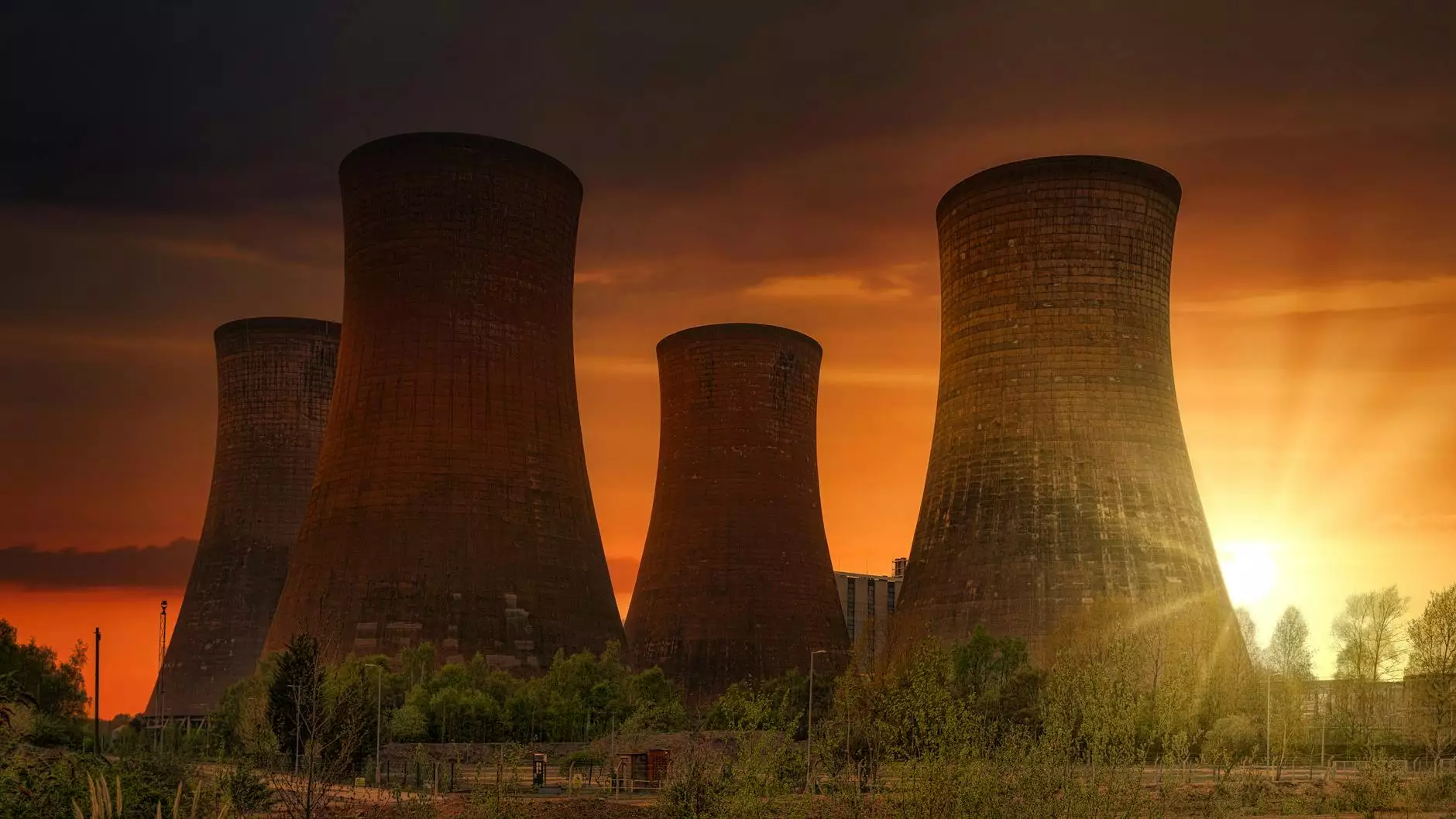The Pros and Cons of Nuclear Energy

Introduction
Nuclear energy has been a source of debate for decades. It is a form of clean energy that has the ability to provide a significant amount of power, but it also comes with its own set of challenges. In this article, we will explore the pros and cons of nuclear energy to help you understand the complexities of this controversial topic.
Pros of Nuclear Energy
- Low Greenhouse Gas Emissions: One of the main advantages of nuclear energy is its low greenhouse gas emissions. Unlike fossil fuels, nuclear power plants do not produce large amounts of carbon dioxide, making them a cleaner option for energy production.
- High Energy Output: Nuclear energy has a high energy density, meaning that a small amount of nuclear fuel can produce a large amount of energy. This makes it a reliable source of power for large-scale electricity production.
- Reliability: Nuclear power plants can operate continuously for long periods of time without interruptions, providing a stable and consistent source of electricity to the grid.
- Energy Security: Nuclear energy can help reduce dependence on imported fossil fuels, increasing a country's energy security and reducing vulnerability to supply disruptions.
- Long-Term Sustainability: With advancements in nuclear technology, such as breeder reactors and nuclear fusion, nuclear energy has the potential to be a sustainable energy source for the future.
Cons of Nuclear Energy
- Radioactive Waste: One of the biggest challenges of nuclear energy is the disposal of radioactive waste. Managing and storing nuclear waste safely for thousands of years is a significant environmental concern.
- Accidents and Safety Concerns: The risk of nuclear accidents, such as meltdowns and radiation leaks, poses a serious threat to public health and safety. Events like the Chernobyl and Fukushima disasters have raised concerns about the safety of nuclear power plants.
- High Initial Cost: Building and maintaining nuclear power plants require large investments of capital, making nuclear energy a costly option compared to other forms of energy production.
- Proliferation Risks: The use of nuclear technology for energy production also raises concerns about the proliferation of nuclear weapons and the potential for misuse of nuclear materials by rogue states or terrorist organizations.
- Limited Fuel Supply: While nuclear power plants use uranium as fuel, the supply of economically recoverable uranium is finite. There are concerns about the long-term availability of uranium resources for nuclear energy production.
Conclusion
In conclusion, nuclear energy offers a mix of advantages and disadvantages that must be carefully weighed when considering its role in the future energy landscape. While nuclear power has the potential to play a significant role in reducing greenhouse gas emissions and meeting energy demand, it also comes with significant challenges related to safety, waste management, and cost. As technology advances and safety standards improve, nuclear energy may continue to evolve as an important component of the energy mix.
Stay informed about the latest developments in energy technologies and trends by visiting Our Power, your trusted source for energy insights.
nuclear energy pros and cons


